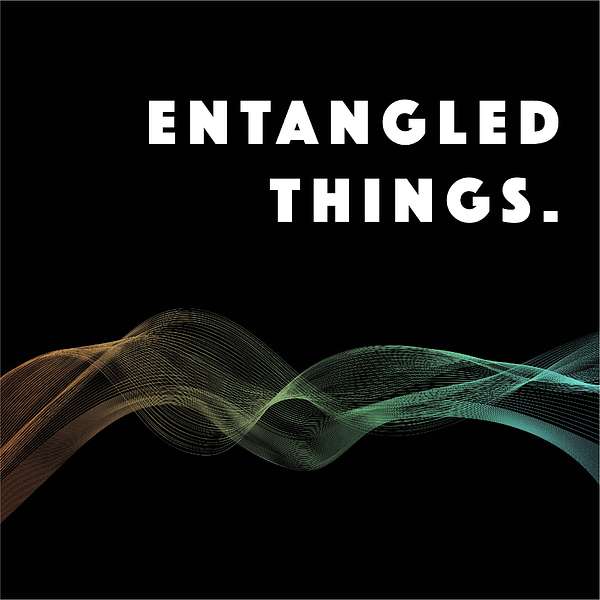
Entangled Things
Entangled Things
Blockchain, Proof Systems, and Quantum Repeater Networks with Dr. Peter Rohde
In Episode 95, Patrick and Ciprian engage in a captivating conversation with Dr. Peter Rohde. This episode dives into the world of blockchain technology, exploring the nuances of proof of stake vs. proof of work mechanisms and their implications for the future.
But that's not all! The discussion also ventures into the realm of quantum repeater networks, shedding light on their potential to revolutionize quantum communications.
Dr. Peter Rohde is BTQ's Senior Quantum Researcher and co-host of the podcast "The Quantum State." BTQ is an innovative leader in quantum technology and digital security. With the advent of quantum computing posing an imminent threat to digital security, we are dedicated to providing robust post-quantum cryptography (PQC) solutions to secure mission-critical networks. As one the first publicly-traded companies offering investors dual exposure to these growing fields, we are at the forefront of the digital security sector.
Dr. Peter Rohde completed his PhD at the University of Queensland in photonic quantum computing. His research has focussed on linear optics quantum computing, quantum cryptography and quantum communications. He was awarded an Australian Research Council Future Fellowship to pursue research in cloud quantum computing and encrypted quantum computation. He authored the book “The Quantum Internet” published by Cambridge University Press, the first academic text in the field, and co-authored “An Australian Strategy for the Quantum Revolution” in conjunction with the Australian Strategic Policy Institute (ASPI) which laid the foundations for Australia’s national quantum strategy. He has held positions at Oxford University, Macquarie University, University of Technology Sydney, University of Queensland and the Max-Planck Institute for the Science of Light. His theoretical research into boson-sampling has been highly influential and contributed to the demonstration of post-classical optical quantum computing.